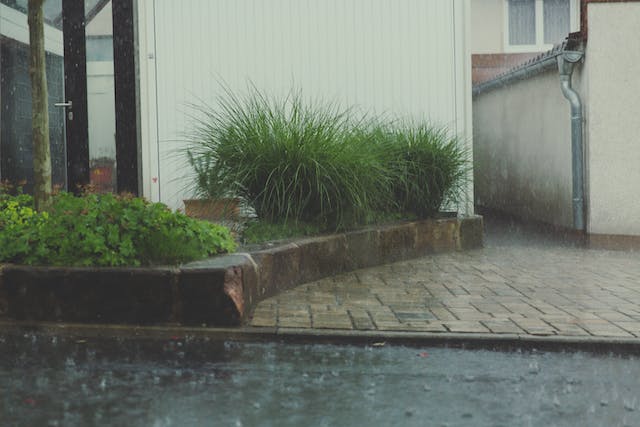Rainy days can bring a sense of coziness, but they can also spell trouble if your home isn’t adequately prepared to handle the downpour. Preventative home waterproofing measures are your best defense against potential water damage.
Let’s explore some effective strategies to safeguard your home before the rain arrives.
Importance of Preventative Waterproofing
Before diving into the measures, let’s highlight why proactive waterproofing is crucial. Water damage can wreak havoc on your home, leading to structural issues, mold growth, and costly repairs.
By implementing preventative waterproofing measures, you create a protective shield that fortifies your home against water intrusion, safeguarding its structural integrity and your peace of mind.
Inspecting and Maintaining Gutters and Downspouts
Start your preventative waterproofing journey by examining your gutters and downspouts. These components play a pivotal role in directing rainwater away from your home’s foundation.
Ensure gutters are free from debris, such as leaves or twigs, that can obstruct water flow. Regularly clean and unclog gutters to prevent water from pooling and potentially seeping into your home’s structure.
Sealing Windows and Doors
Windows and doors are common entry points for water infiltration. Inspect seals and weather stripping around windows and doors to ensure they’re intact and effectively keeping water out.
Consider sealing or caulking any gaps or cracks to prevent water from seeping into your home during heavy rains or storms.
Protecting the Foundation
Your home’s foundation is its cornerstone, and protecting it from water damage is paramount. Ensure proper grading around your home by sloping the ground away from the foundation. This helps divert rainwater and prevents it from pooling around the base of your home, reducing the risk of foundation leaks or seepage.
Basement and Crawl Space Waterproofing
Basements and crawl spaces are susceptible to water intrusion, making waterproofing crucial in these areas:
Interior Sealants and Coatings
Apply waterproof sealants or coatings on interior basement walls and floors. These products create a barrier that prevents moisture from seeping through concrete surfaces, safeguarding against dampness and potential leaks.
Sump Pump Installation
Consider installing a sump pump in your basement or crawl space. Sump pumps effectively remove excess water, providing an added layer of protection against flooding and water accumulation in these areas.
Landscaping Solutions
Strategic landscaping can aid in preventing water damage to your home:
Proper Drainage Systems
Implement effective drainage systems, such as French drains or swales, to direct rainwater away from your home’s foundation. These systems help prevent water from pooling around the structure, reducing the risk of water infiltration.
Use of Mulch
Utilize mulch around landscaping beds to help retain moisture and prevent soil erosion during heavy rainfall. Properly placed mulch can also act as a barrier, reducing the impact of rainwater on your home’s foundation.
Consultation with Professionals
When in doubt or if facing persistent water issues, seek guidance from waterproofing professionals. Consider consulting with waterproofing services cumberland pa for a comprehensive assessment of your home’s waterproofing needs. Their expertise can help identify specific vulnerabilities and provide tailored solutions to fortify your home against water damage.

